In recent years, the classic car market has experienced significant fluctuations, influenced heavily by trends observed at high-profile auctions. These events not only reflect current collector sentiment but also shape the future landscape of classic car values. Auction trends play a pivotal role in determining how classic cars are valued today, and understanding these trends is essential for buyers, sellers, and enthusiasts alike.
The Role of High-Profile Auctions
Major auction houses like Barrett-Jackson, RM Sotheby’s, and Bonhams have become powerhouses in the classic car market, setting the stage for determining the value of vintage vehicles. These auction houses host events that are not only well-attended but also widely publicized, with many being televised. The televised nature of these auctions has brought significant attention to the classic car market, introducing a broader audience to the allure of collecting. For instance, the sale of a 1967 Shelby GT500 at a Barrett-Jackson event can create a ripple effect, boosting interest and perceived value of similar models.
The impact of these auctions goes beyond mere spectacle. Auction results often serve as a barometer for the market, influencing the perceived value of specific makes and models. When a rare 1954 Mercedes-Benz 300SL Gullwing fetches a record price at an RM Sotheby’s auction, it not only increases demand for that particular model but also raises the profile of Mercedes-Benz classics in general. These high-profile sales can drive up prices across the board, affecting everything from insurance premiums to private sale negotiations.
Market Trends and Their Impact
Economic factors such as inflation and interest rates are intricately linked to auction trends. During periods of economic uncertainty, collectors may be hesitant to invest heavily, leading to fluctuations in auction prices. Conversely, when the economy is strong, there is often a surge in bidding activity, as seen during the sale of a 1969 Chevrolet Camaro Z28 during a period of low interest rates. Additionally, specific eras or types of classic cars can become particularly popular, shifting market dynamics. Muscle cars, for instance, have seen a resurgence in recent years, driven by nostalgia and a renewed appreciation for American automotive history.
Emerging markets and international buyers have also begun to play a more significant role in the classic car auction scene. With increased wealth and interest in vintage vehicles in countries like China and India, auctions are seeing a more globalized pool of bidders. This international interest can drive up prices, as seen with the growing demand for European sports cars like the 1973 Porsche 911 Carrera RS in emerging markets. The cross-border demand not only increases competition but also establishes new benchmarks for vehicle valuations.
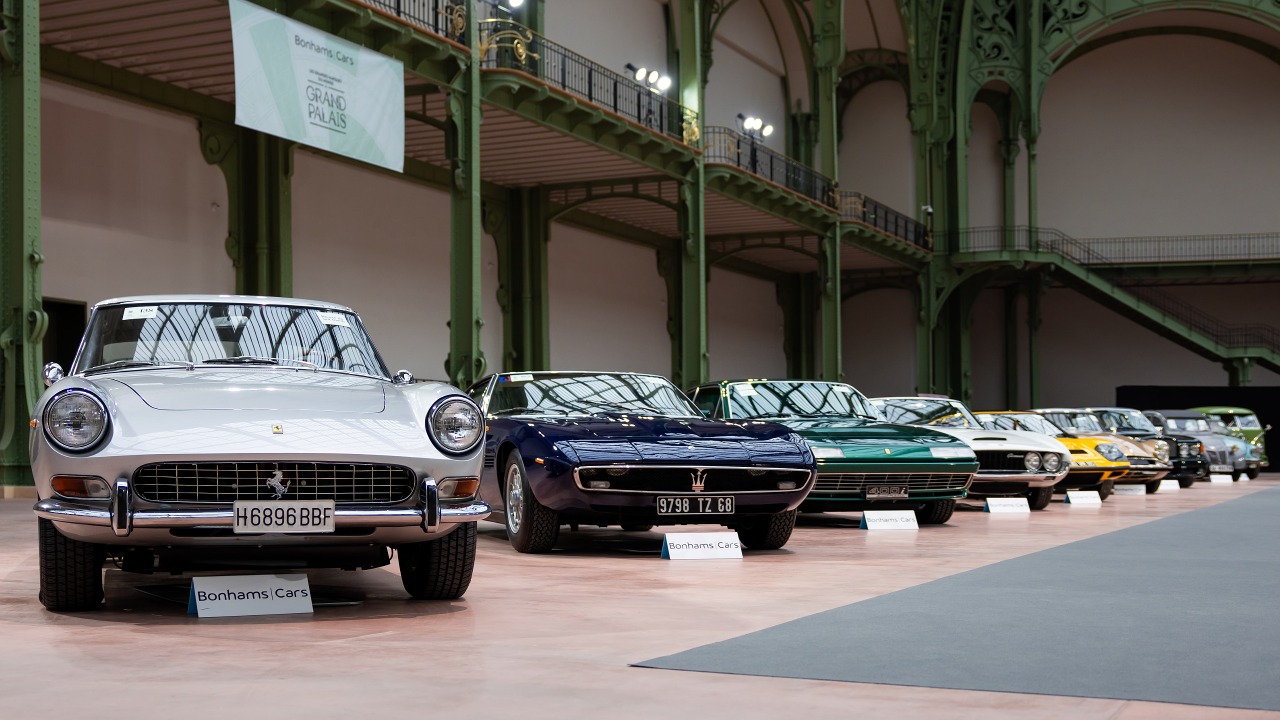
Technology’s Influence on Auction Dynamics
The advent of online auctions and digital platforms has democratized access to classic car auctions, altering the traditional buyer demographics. Platforms like Bring a Trailer and eBay Motors allow enthusiasts from around the world to participate in auctions without the need to travel. This shift has expanded the market, bringing in younger, tech-savvy buyers who are eager to invest in classic cars, such as a 1972 Datsun 240Z, without the traditional barriers of entry.
Data analytics have also started to play a crucial role in predicting auction outcomes. By analyzing past auction results and current market trends, both buyers and sellers can make more informed decisions. Predictive analytics can help determine the potential selling price of a 1985 Ferrari Testarossa, for example, allowing sellers to set realistic reserves and buyers to strategize their bidding. Moreover, technologies like virtual reality and live streaming have enhanced the auction experience, making it more interactive and engaging. These innovations allow potential buyers to inspect vehicles closely and participate in real-time, even from remote locations.
The Role of Rarity and Provenance
The rarity of a classic car and its provenance are critical factors that can dramatically affect its value at auction. Vehicles with a limited production run or unique features, such as the 1966 Ford GT40, are highly sought after. The historical significance of a vehicle, whether due to its ownership by a celebrity or its participation in a notable race, can elevate its auction value exponentially. For instance, a car once owned by Steve McQueen, like his 1968 Ford Mustang from “Bullitt,” can command a premium due to its storied past.
Comprehensive documentation and condition reports are also vital in determining auction success. A well-documented history and meticulous maintenance records can assure potential buyers of the vehicle’s authenticity and condition, influencing their willingness to bid higher. This is particularly true for classic cars with complex histories, such as a 1957 Jaguar XKSS, where every detail can add to its allure and auction price.
Future Implications and Trends
Current auction trends suggest several potential future implications for the classic car market. As more collectors focus on sustainability and the environmental impact of their collections, there may be a shift towards electric conversions of classic cars or increased interest in models with lower emissions. This trend could influence the future value of classics like the 1970 Volkswagen Beetle, known for its small engine and fuel efficiency.
Collector preferences are also likely to evolve, with a growing appreciation for modern classics from the 1980s and 1990s. As these vehicles, such as the 1995 Mazda RX-7, reach the age typically associated with classic status, they may become more prominent at auctions. Additionally, as younger generations become more involved in the classic car scene, their tastes will inevitably shape auction outcomes, potentially leading to an increased focus on vehicles with nostalgic significance or digital integration.
Like Fast Lane Only’s content? Be sure to follow us.
Here’s more from us:
*Created with AI assistance and editor review.



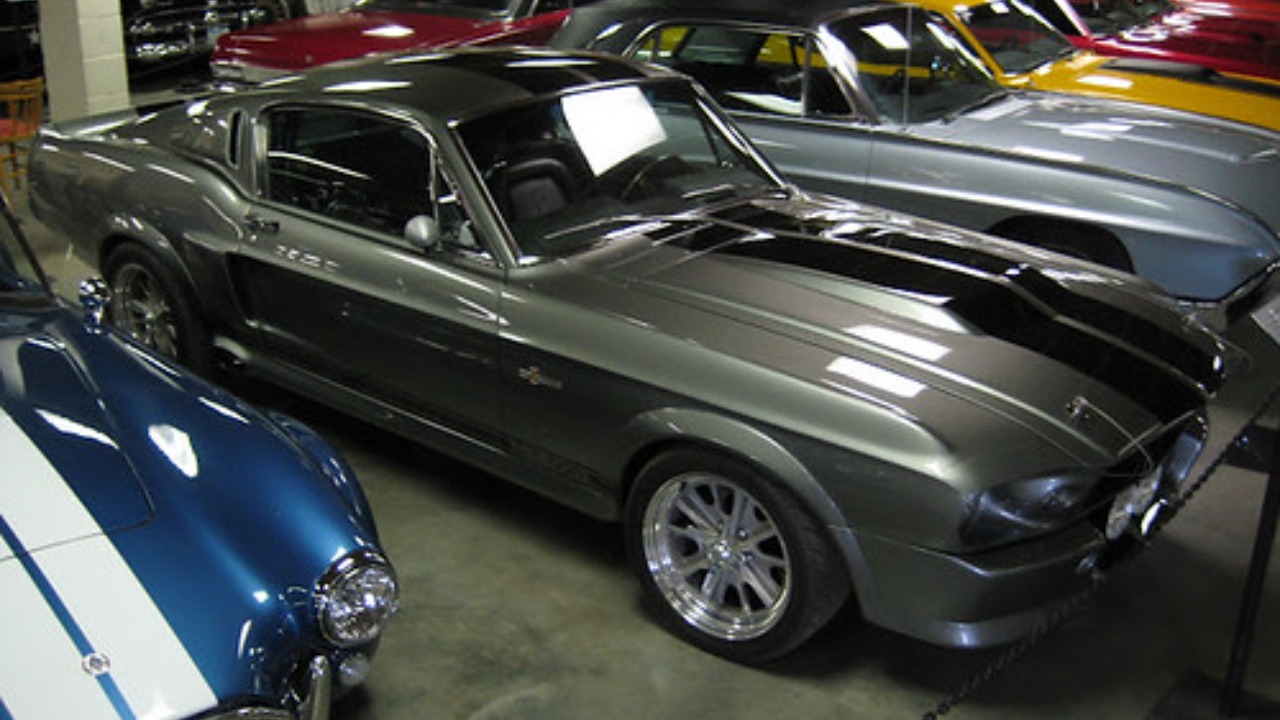
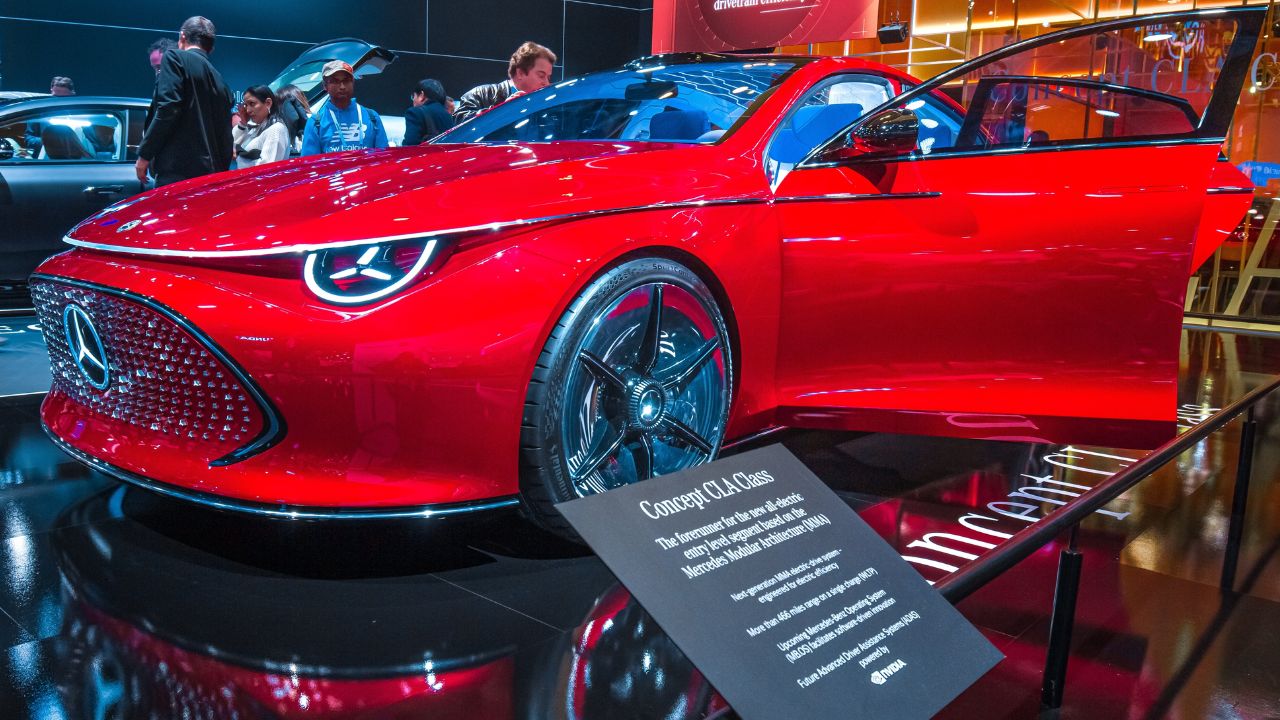
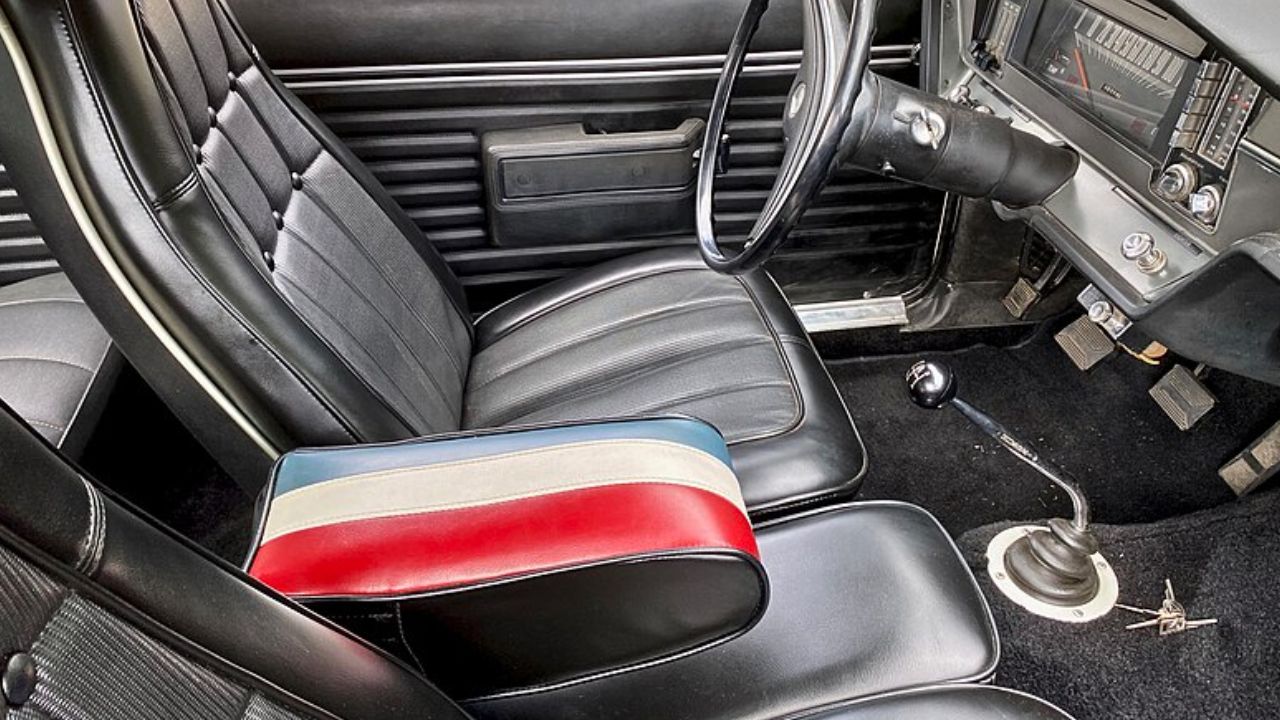
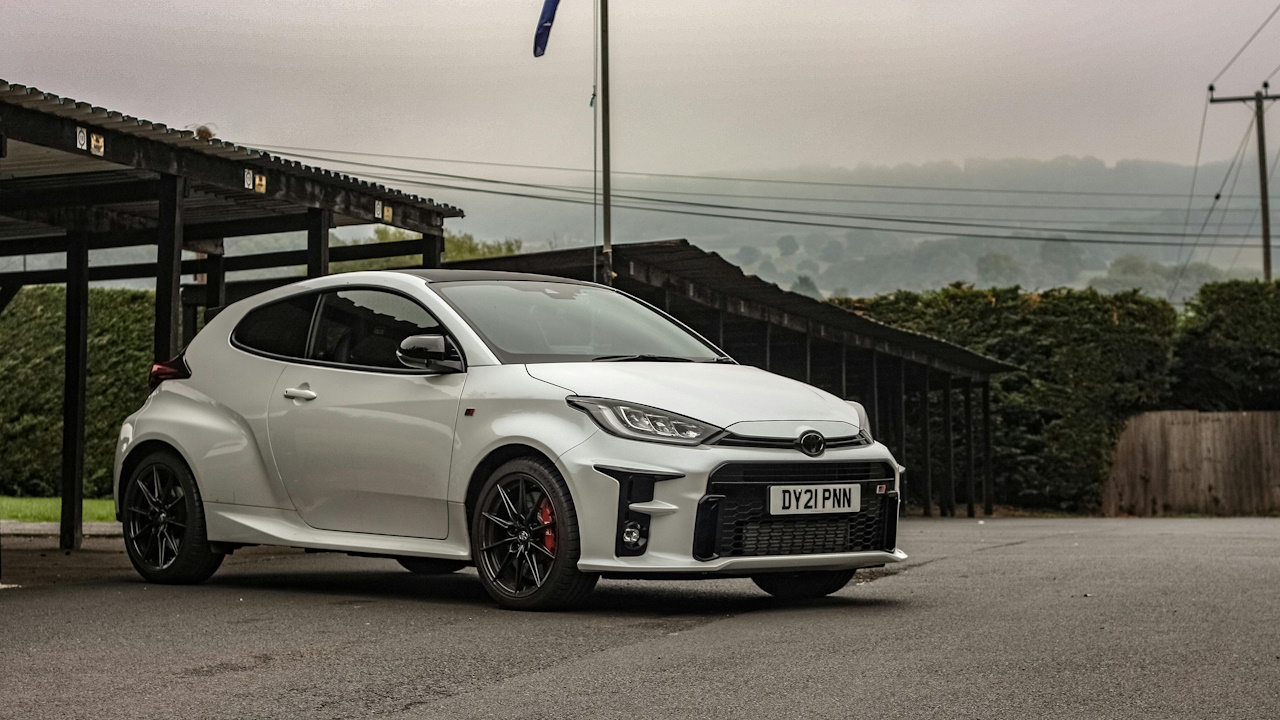
Leave a Reply